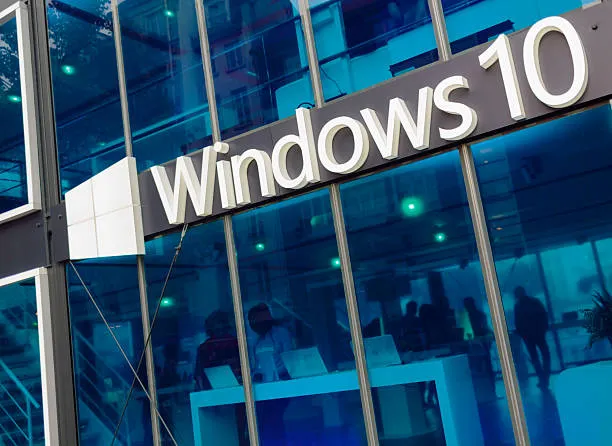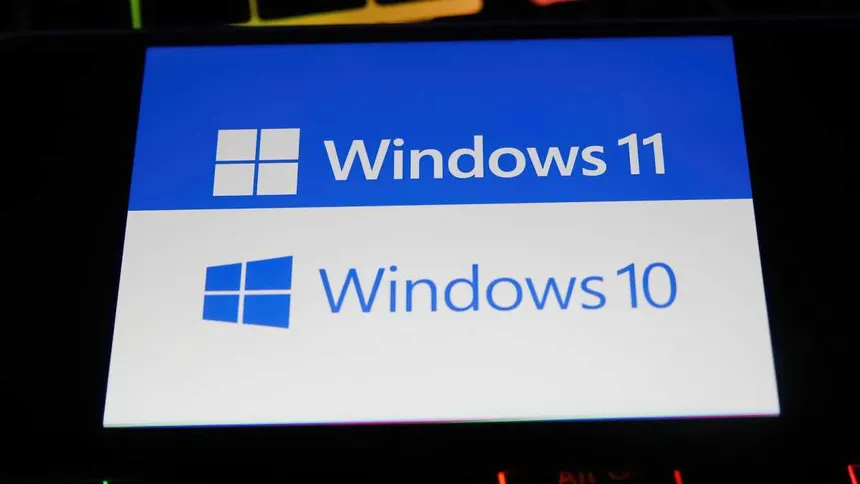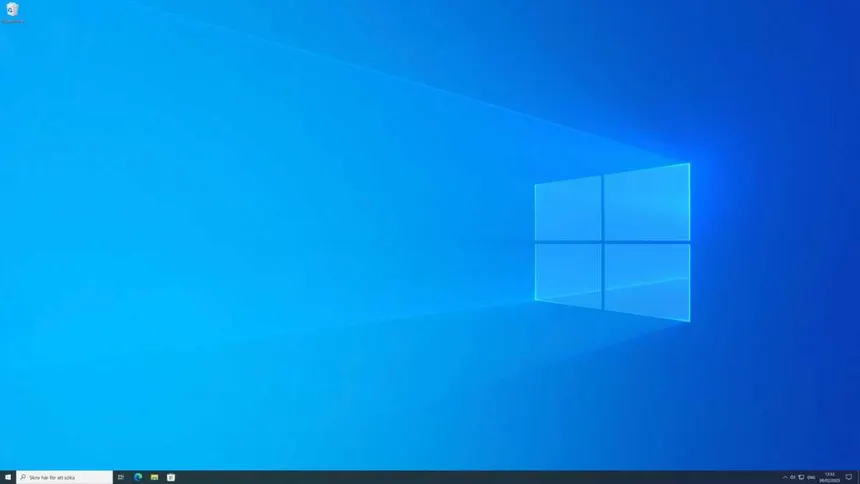Windows 10 Is Retiring Soon: Here’s Everything You Need to Know!
Microsoft has officially announced that Windows 10 will no longer receive support after October 14, 2025. This means no more security updates, bug fixes, or official support from Microsoft. If you’re still using Windows 10, you need to prepare for the change to avoid security risks and system issues. Here’s what this means and what you should do next!
Why Is Windows 10 Being Retired?
Microsoft’s Shift to Windows 11
Microsoft wants users to switch to Windows 11, its latest operating system (OS). The company follows a lifecycle policy where older versions are phased out after a certain period. Windows 10, which was launched in 2015, has completed its 10-year support cycle.

Keeping Up With Technology
With rapid advancements in hardware and software, Microsoft believes newer OS versions offer better performance, security, and features. Ending support for Windows 10 allows the company to focus on newer technologies.
What Happens After October 14, 2025?
If you continue using Windows 10 after its official retirement date, here’s what you should expect:
- No Security Updates – Your PC will be vulnerable to viruses, malware, and cyberattacks.
- No Bug Fixes – Any system glitches or software issues will remain unresolved.
- No Technical Support – Microsoft will no longer provide help for any Windows 10-related issues.
- Limited Software Compatibility – New apps and programs may stop working on outdated Windows versions.
- Slower Performance – Without updates, your system may become sluggish over time.
Who Will Be Affected?
Home Users
If you use Windows 10 at home, you’ll need to consider upgrading to Windows 11 or another supported OS to keep your device safe and functional.
Businesses and Organizations
Companies using Windows 10 on office computers will need to transition to Windows 11 or explore enterprise solutions to avoid security risks.
Gamers and Developers
Many gamers and software developers rely on Windows 10. While games and software will still run, lack of updates may cause compatibility issues in the future.

What Should You Do Next?
Option 1: Upgrade to Windows 11
If your computer meets the system requirements, the best option is to upgrade to Windows 11. Here’s how:
- Check Compatibility – Use Microsoft’s PC Health Check tool to see if your device can run Windows 11.
- Back Up Your Files – Save important documents and files before upgrading.
- Download and Install – Go to Settings > Update & Security > Windows Update and check for available upgrades.
Option 2: Buy a New PC
Some older computers don’t meet Windows 11’s requirements, especially in terms of processor and TPM 2.0 support. If your device isn’t compatible, you may need to buy a new laptop or desktop that comes preloaded with Windows 11.
Option 3: Switch to an Alternative OS
If you don’t want to upgrade to Windows 11, you can explore other operating systems like:
- Linux – A free, open-source OS that works well for general use and programming.
- macOS – If you’re considering switching to Apple devices.
- Chrome OS – A lightweight OS for web-based tasks.
Option 4: Keep Using Windows 10 (At Your Own Risk!)
You can technically continue using Windows 10, but you’ll be exposed to major risks like viruses and hacking attempts. To stay somewhat safe:
- Use a strong antivirus program.
- Avoid downloading software from unknown sources.
- Be extra careful with online transactions.

Frequently Asked Questions (FAQs)
1. Can I Still Use Windows 10 After 2025?
Yes, but it’s not recommended due to security and performance risks.
2. Will My Files Be Deleted If I Upgrade?
No, but it’s always a good idea to back up important files before upgrading.
3. How Much Does Windows 11 Cost?
Windows 11 is free for eligible Windows 10 users, but if you need a new PC, you’ll have to buy one.
4. What If My PC Can’t Run Windows 11?
You can either keep using Windows 10 (not recommended), buy a new PC, or switch to another operating system.
Final Thoughts
The end of Windows 10 marks a major shift in Microsoft’s software strategy. While change can be frustrating, upgrading to Windows 11 or another OS will ensure your system stays secure and efficient. Don’t wait until the last minute—start planning your next move now!
Are you ready for the switch? Let us know in the comments!
Do Follow USA Glory For More Updates.






